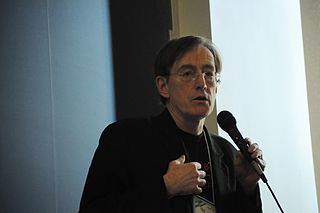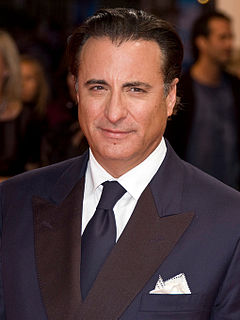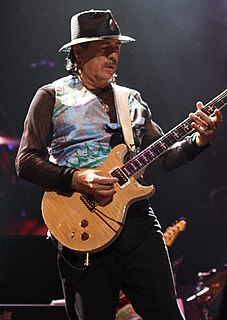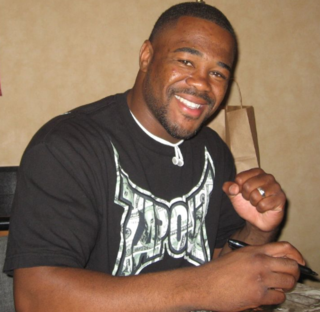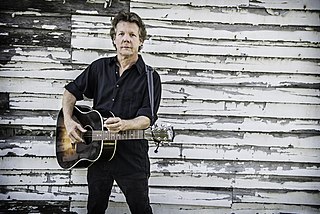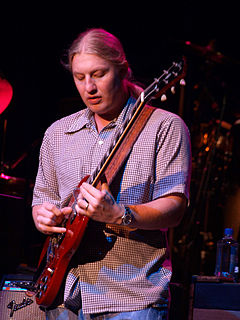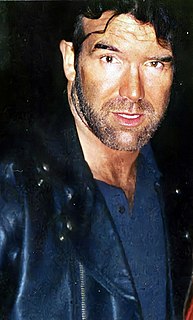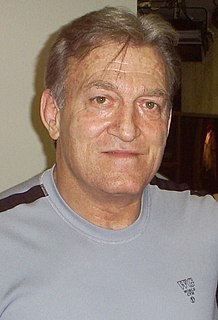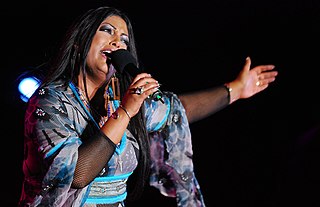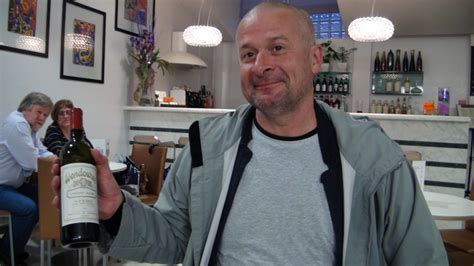A Quote by Ned Sublette
In 1942 Cachao wrote a tune for Arcao, 'Rareza de Melitn,' with a memorable catchy tumbao. In 1957 Arcao recorded a reworking of it under the name 'Chanchullo'; and in 1962 Tito Puente reworked that into 'Oye como va,' still with that same groove. In this form, audibly the same, it powered Carlos Santana's multiplatinum 1970 cover version, close to three decades after Cachao first played it.
Related Quotes
Cachao is obviously Cuban. He's known for traditional Cuban music and that's the music that I'm most passionate about. Cachao is one of the greatest innovators and visionaries. At the base of the tree, the roots, there is Cachao. So I was blessed to have had that time to learn from him and to give him an opportunity and a space where he can create. Everybody always wants to play with Cachao, because he's the guy.
I knew a gentleman that I had worked with over the years, who is no longer with us, and was a great influence in my life named Cachao - a Cuban musician, composer, arranger, and creator of the Mambo. The integrity of the journey is what's important - how you conduct yourself in the process. That's what Cachao was always about. He had great integrity, great dignity, was very humble, and dedicated to his art.
Hassan and I fed from the same breasts. We took our first steps on the same lawn in the same yard. And, under the same roof, we spoke our first words. Mine was Baba. His was Amir. My name. Looking back on it now, I think the foundation for what happened in the winter of 1975 —and all that followed— was already laid in those first words.
